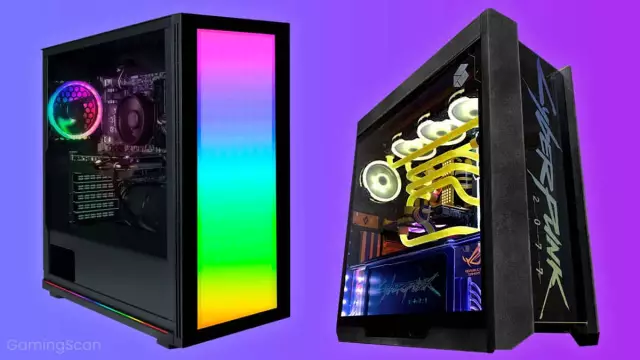A computer is quite an expensive technique, so you want it to last as long as possible. In this regard, the question arises - what is more useful for the machine: regular shutdown, giving the system a rest, or constant work.

Many PC users have a question - how long can you leave your computer turned on. This problem raises so many doubts and prejudices, in part because most of us never condescend to read instructions for a purchased technique.
Myths about why you need to turn off your computer
The most common theory of shutting down a computer is to equate it with any other household appliance that has the unpleasant tendency to overheat if it is used for too long. That is why 80% of users still, at every opportunity, give their PC a “rest”.
In fact, the problem of overheating was solved a long time ago: all modern computers have a high-quality cooling system that matches their power and loads. Air cooling allows the machine to remain on for several months. For those in doubt, there is software to help keep track of the temperature of the key elements of the machine.
The second factor that seems to speak in favor of regular power outages of the PC is possible power surges in the network. Usually this myth thrives among people of the old school, accustomed to turn off electrical appliances in a thunderstorm, etc.
Buying an uninterruptible power supply unit for a computer is the best solution to this problem. In fact, failures do not happen very often, and "uninterruptible power supply" allows you to protect your PC and avoid constantly turning it on and off for prevention.
It has long been proven that constant operation of computer parts wear out significantly less than with frequent starts, so the best solution would be not to turn off the machine, if possible, for a long time.
When to shut down your computer
Operating systems, including the most common - Windows, are constantly updated. Some updates take effect only after restarting the computer, so to avoid software glitches, it is advisable to restart the machine once a week.
High-quality cooling systems on well-assembled PCs work stably and smoothly, but, precisely due to active work, it is on them that many times more dust settles than on stationary surfaces. Depending on the level of dustiness in the room, coolers need to be cleaned from once every six months, up to 1-2 times a month. Cleaning can ONLY be done when the computer is turned off to avoid static electricity build-up (such as when vacuuming).
Summing up, we can say that it is better to turn off the computer as rarely as possible, allowing it to reboot from time to time and cleaning the cooling system in a timely manner.






